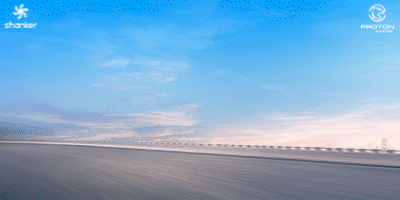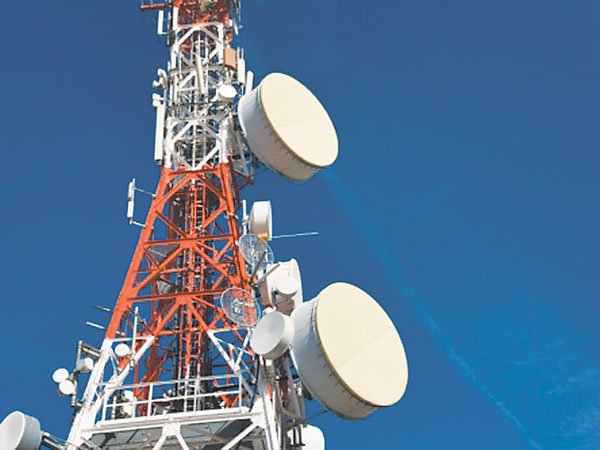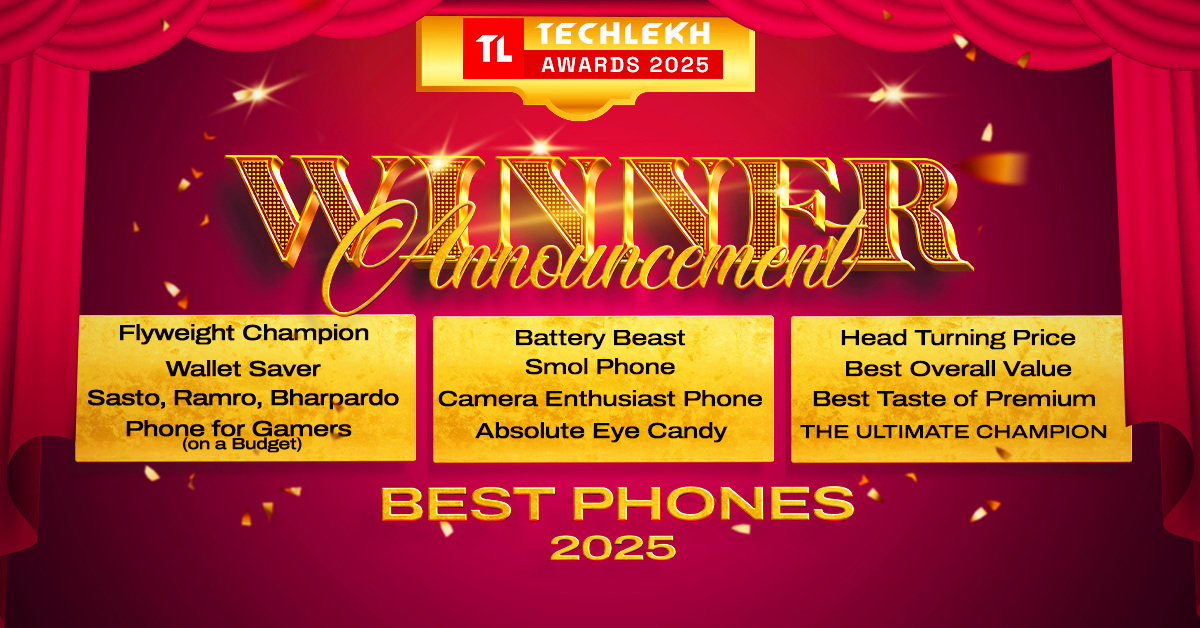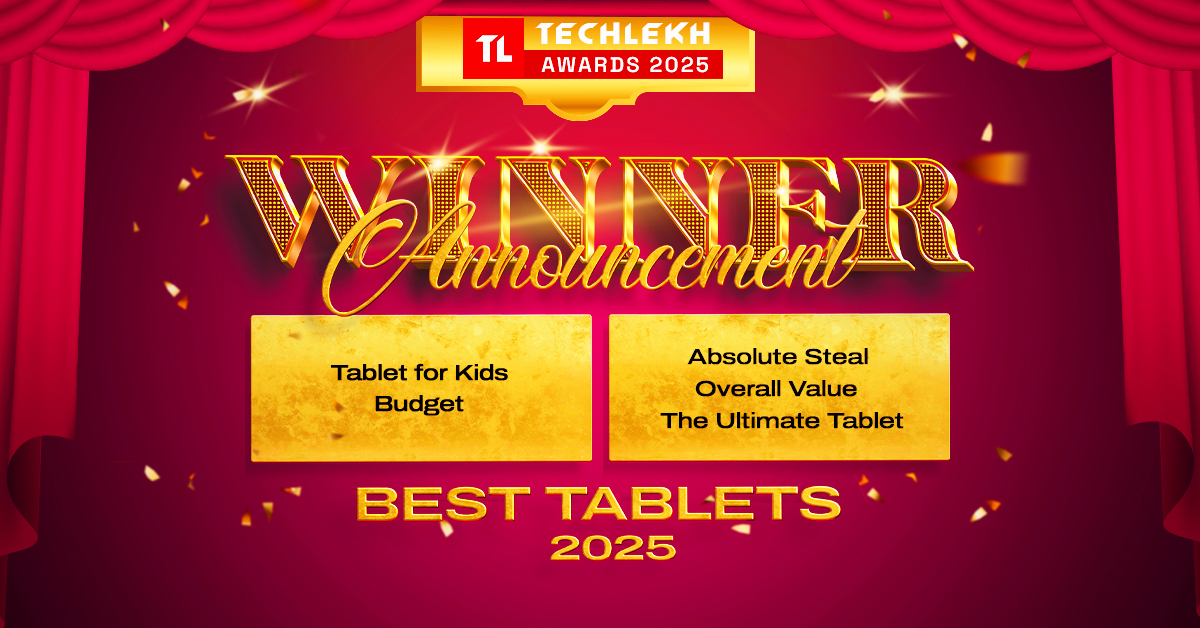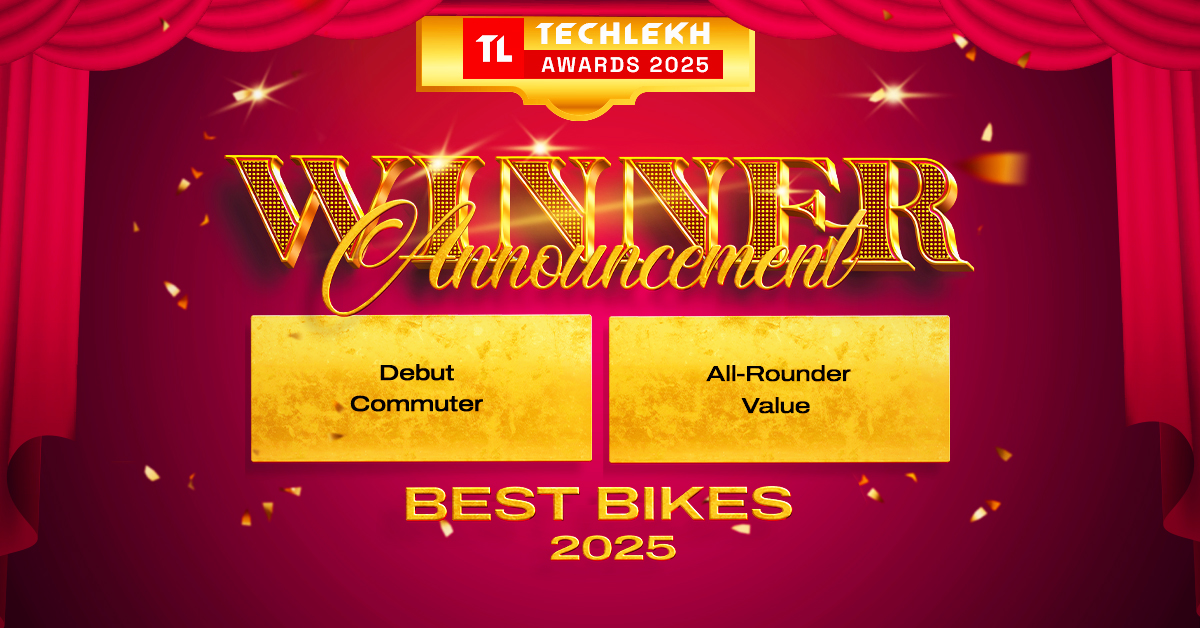Nepal’s Telecommunication Operators and their services have always been upsetting, making us pay more than we ought to. Every time a user rushes to hang up the phone and save some money, the call cost is still the same. Recalling an event, I had to pay Rs 0.82 regardless of the fact that I had talked with my mom for only 7 seconds. The price for 7 seconds was being charged as equivalent to 20 seconds.
So have we been paying more?
Yep, the telecom operators have been charging for the pulse rate of 20 seconds. For instance, any call with duration less than 20 seconds is charged as equivalent to a 20-second call. As a result, the consumers pay more money.
What is a pulse rate?
Pulse rate is charge rate per certain unit of time of a mobile call. For example, the pulse rate in Nepal is 20 seconds i.e. the telecom operators charge money for calls made in blocks of 20 seconds rather than exact call duration. At this pulse rate, Nepal’s telecom operators earn millions of rupees every year.
Amidst the telecom operators in Nepal, Ncell and NTC have been profiting the most. Time and again the issue of decrease in pulse rate had been raised but ignored. However, the Nepal Telecommunication Authority (NTA) has decided to decrease the pulse rate of a mobile call.
When will the new pulse rate be effective?
NTA will implement the decreased pulse rate starting Baisakh 1. It will be implemented for all telecom operators, including Ncell and NTC.
NTA plans to decrease the pulse rate by 10 seconds starting from the first of Baisakh, 2074. After Baisakh 1, calls will be charged as equivalent to 10-second calls instead of 20-second calls and International calls will have one pulse equivalent to 30 seconds. With the new pulse rate in effect, customers will pay less than they have been.
After six months i.e. first of Kartik, 2074, NTA will modify the pulse rate once again and the customers will be charged only for the seconds they have used (i.e. 1 second pulse for domestic calls, and 10 seconds pulse for international calls).
This is definitely a good news. Let us know your opinion by commenting down below.
-
TechLekh Awards: Best Phones of 2025 in Nepal Winners!Ooooooooooh boy, what a year it was for smartphones, even in Nepal! Phones have been…
-
TechLekh Awards: Best Tablets of 2025 in Nepal Winners!The smartphone scene in Nepal was absolutely crackling this year with constant new launches and…
-
TechLekh Awards: Best Scooters of 2025 in Nepal Winners!Scooters have played a major role in shaping everyday mobility in Nepal. They have always…
-
TechLekh Awards: Best Bikes of 2025 in Nepal Winners!Motorcycling in Nepal has always meant more than just getting from one place to another.…
-
TechLekh Awards: Best Cars of 2025 in Nepal Winners!Electric vehicles continue to dominate Nepal’s market in 2025, and Chinese manufacturers still lead the…
-
CFMOTO 450 CL-C Is Coming to Nepal—and It’s the Cruiser We Didn’t Know We NeededHIGHLIGHTS CFMoto 450 CL-C lineup price in Nepal can be between Rs. 11.50 – 12.50…
-
Xiaomi Mobile Price in Nepal (January 2026 Updated)This is the complete list of Xiaomi mobile price in Nepal for 2026. In this…



